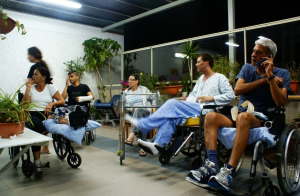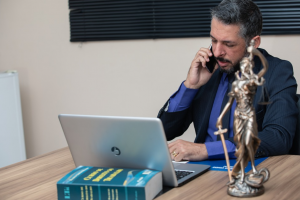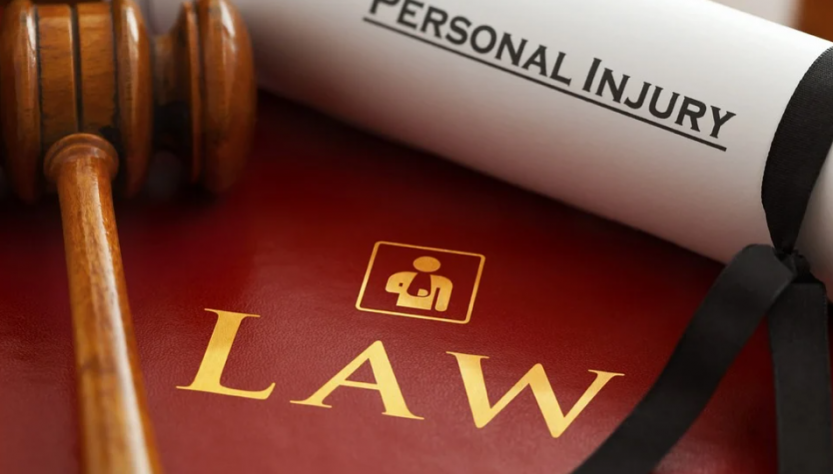Good preparation is the key to a successful injury case. Personal injury lawsuit can be complicated and lengthy. If the plaintiff does not prepare properly before going to trial, there is little chance of success.
 Preparing for a personal injury case is more than simply finding the facts and organizing all the necessary documents. Preparing mentally for trial is just as important, if not more so, than having all the facts in order. Disorganized lawsuits will not be accepted by the judge, no matter how mentally prepared they are. Learn and read some tips to help you get your case off to a good start.
Preparing for a personal injury case is more than simply finding the facts and organizing all the necessary documents. Preparing mentally for trial is just as important, if not more so, than having all the facts in order. Disorganized lawsuits will not be accepted by the judge, no matter how mentally prepared they are. Learn and read some tips to help you get your case off to a good start.
Take Pictures
Take the best possible pictures of the accident scene, whether it’s a car accident, a fall, or a dangerous work environment. You should also take photos of any property damage or injuries you or your loved one sustained. If the case is filed months after the accident and your wounds have not yet healed, visual evidence can be essential evidence.
List the Witness
 Witnesses who observed the accident can provide valuable testimony to support your case. You can obtain the contact information and names of witnesses to the accident so that you or your attorney can contact them later. If you are involved in a vehicle accident but did not write down the names of witnesses, the police report should contain the necessary information.
Witnesses who observed the accident can provide valuable testimony to support your case. You can obtain the contact information and names of witnesses to the accident so that you or your attorney can contact them later. If you are involved in a vehicle accident but did not write down the names of witnesses, the police report should contain the necessary information.
Record What You Remember About the Accident
It can be challenging to remember what happened in an accident over time, especially if it is a traumatic event like a car accident. Important details can become blurry or fuzzy over time. That’s why it’s so important to record a detailed description of what happened immediately after an accident. You should include the date, time, and approximate location of the accident. Also, note what happened immediately before, during, or after the event.
Seek Medical Attention
It is essential to seek medical attention to prove personal injuries. The defense may dispute the severity and extent of your injuries if you do not seek medical attention or delay seeing a doctor. Obtain a diagnosis from a physician and keep all documentation for evidentiary purposes.
Gather All Relevant Documentation
After a personal injury, it is best to assemble all paperwork and documents in one file. Those all relevant documents you have gathered would use for your case reviewed by your attorney. These documents include doctor’s notes, medical bills, and correspondence with the defendant’s insurance company.
Speak With an Attorney
Finally, it is essential to schedule a consultation with a personal injury attorney. People who file an injury case without consulting an attorney are less likely to be successful or to accept unsuitable offers. Thus, spend some time speaking with your attorney regarding your case. …

